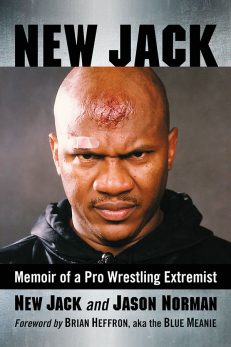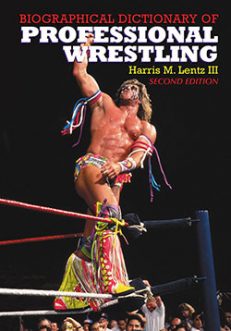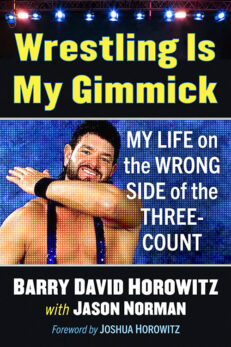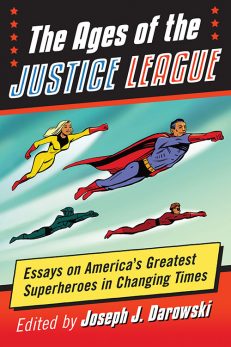The Ages of the Justice League
Essays on America’s Greatest Superheroes in Changing Times
$19.99
In stock
About the Book
The first superhero team from the Silver Age of comics, DC’s Justice League has seen many iterations since its first appearance in 1960. As the original comic book continued and spin-off titles proliferated, talented writers, artists and editors adapted the team to appeal to changing audience tastes. This collection of new essays examines more than five decades of Justice League comics and related titles. Each essay considers a storyline or era of the franchise in its historical and social contexts.
About the Author(s)
Bibliographic Details
Edited by Joseph J. Darowski
Format: softcover (6 x 9)
Pages: 220
Bibliographic Info: notes, bibliographies, index
Copyright Date: 2017
pISBN: 978-1-4766-6225-1
eISBN: 978-1-4766-2707-6
Imprint: McFarland
Table of Contents
Preface 1
The Brave and Bold Beginning of the Silver Age Superteam (John Darowski) 5
A League of Orphans and Single Parents: Making a Family in an Era of Father Knows Best (Louie Dean Valencia-García)18
The Caged Bird Sings: The Justice League of America and the Domestic Containment of Black Canary (Thomas C. Donaldson) 33
Social Justice and Silver Age Superheroes (W.C. Bamberger) 50
Relevance in Wonderland: The Mixed Success of Gardner Fox’s Message Comic Books (Gene Phillips) 58
A Crisis of Infinite Dearth: Winning Vietnam via the Never-Ending War on Earth-X (Peter W. Lee) 66
The Benefits of Doubts: Steve Englehart’s Radical Take on Tradition (Jason Sacks) 80
The Not-So-Golden Age: Gender, Race and Nostalgia in All-Star Squadron 1981–1987 (Ruth McClelland-Nugent) 91
Gritty Levity: The Giffen/DeMatteis Era of the Justice League (Charles Henebry) 107
“I’m Batman! Bwah ha ha!” Comedy in the Grim ’n’ Gritty Eighties (Brian Cogan) 121
Lacking Leadership: The Justice League Europe’s Place in the DC Universe (Fernando Gabriel Pagnoni Berns and Leonardo Acosta Lando) 131
Extreme Transitions: Trends and Trepidations from 1992 to 1996 (D.R. Hammontree) 142
What We’ve Got Here Is Failure to Communicate: Trust, Technology and Fear in “The Tower of Babel” (Nicole Freim) 151
“Whether we fear we do too much—or not enough”: JLA/Avengers and the Cross-Universe Causes of Conflict (Joseph J. Darowski) 162
Madwomen: Sexism as Nostalgia, or Feminism in The New Frontier (Jennifer Swartz-Levine) 172
Absolute Secrets Kept Absolutely: Public Memory and Forgetting in Identity Crisis (Daniel J. O’Rourke) 186
The Good, the Bad and the Reboot: Justice League in the New 52 (Cathy Leogrande) 194
About the Contributors 207
Index 210
Book Reviews & Awards
- “This collection is a thoughtful series of substantial essays related to the history of the Justice League comic book series and as such will be sought after by those enthusiasts. Public, school, and academic libraries will find this book to be of interest to its patrons whose conversations pertain to the new superhero films coming out of Hollywood.”—Journal of American Culture
- “goes into extensive detail about the individual characters starting from their origins and their transition and evolution through the decades…makes for fascinating reading”—Collectors’ Corner
- “These essays provide an insightful and entertaining exploration of how a superhero team, spearheaded by America’s most iconic pop culture creations, reflects, and sometimes critiques, American attitudes toward justice, morality and the use of power.”—Randy Duncan, director of Henderson State University’s Comics Studies program, co-author of The Power of Comics
- “Joseph J. Darowski’s The Ages of the Justice League: Essays on America’s Greatest Superheroes in Changing Times is an exceptional study that is highly informative, critically brilliant, and fun to read. It cements his already outstanding reputation as one of the foremost comics scholars in America.”—Gary Hoppenstand, Michigan State University





